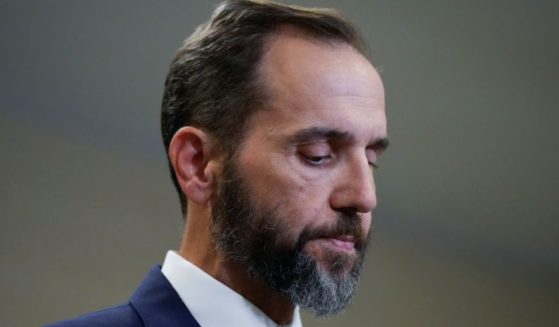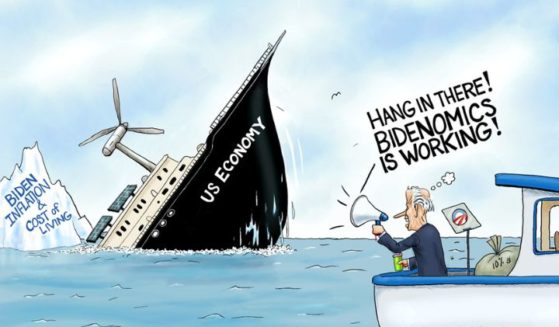Congressional Democrats' Latest Budget Move Proves They Have No Interest in Bipartisanship
Unity: That word guided President Joe Biden’s entire 2020 presidential campaign. He attempted to paint himself as the “anti-Trump” who would bring moderation and bipartisanship back to American politics.
Even at the time, the tactic was dubious. It was difficult to see how a man who categorized his political opponents as threats to democracy was going to reach across the aisle and lend a hand to them. Still, it was unfair to pass judgment on Biden’s rhetoric until he had a chance to prove himself.
Now, nearly five months into his presidency, the Democratic Party and the Biden administration have proved their critics exactly right.
According to Fox News, congressional Democrats are close to turning their backs on bipartisanship.
“We’re assuming right now that everything will be done by reconciliation — everything meaning the jobs plan and the families plan,” Democratic House Budget Committee Chairman John Yarmuth of Kentucky said Tuesday.
As you may remember from the time Democrats used this strategy to pass their $1.9 trillion coronavirus relief package, reconciliation allows a party to pass a bill with a simple majority and avoid a potential filibuster.
The goal of this process was never to allow the party in power to force through their priorities without having to work across the aisle. Instead, reconciliation “is only permitted once per fiscal year, and it can only be used to change — or ‘reconcile’ — laws related to taxes and spending,” according to NBC News.
Most of the Democrats in Congress seem to have forgotten this.
CNN reported that Senate Majority Leader Chuck Schumer will meet with Senate Budget Committee members to draw up a budget that can pass “a diverse swath of the caucus in committee.”
What this really means is that Democrats want to cram as many progressive policies into the budget as they can while still ensuring that it can pass under reconciliation.
One unidentified Democrat told CNN that “every Democratic priority from the last 40 years is about to have to be squeezed into one bill.”
It’s hard to imagine a less unifying way to get legislation through Congress. If Democrats can’t convince even the most moderate Republicans to sign onto their bill, maybe that’s a sign the bill is too radical.
Democratic leaders are no longer trying very hard to convince the American public that they are interested in compromise. Schumer all but showed his hand while discussing the way forward for the Democratic infrastructure bill on Tuesday.
“One track is bipartisan, and the second track pulls in other elements of Biden’s American Jobs Plan and American Families Plan, which will be considered even if it doesn’t have bipartisan support,” he said.
Newsflash: That is not bipartisanship.
If Democrats “compromise” with Republicans on the infrastructure bill but turn around and ram through their radical wish list on their own, they did not really compromise.
They want credit both for “working with” Republicans and for passing even the most radical parts of Biden’s agenda.
Don’t be fooled. Most Democrats in Congress don’t care about bipartisanship at all.
Of course, there are some exceptions. Sen. Joe Manchin of West Virginia has said he doesn’t think his fellow Democrats should use reconciliation to pass the infrastructure bill, Forbes reported.
However, even moderate Manchin seems to have been influenced by the radical wing of his party. On Tuesday, Manchin said both reconciliation and bipartisanship should “get a fair look,” according to a separate report from Forbes.
It has been five months, and the two parties are farther apart than they were when Biden took office. If one had to pick a word to describe the current state of American politics, “unity” would probably be at the bottom of the list.
As things stand, progressive Democrats will probably get their way in the end using the reconciliation process.
The least we can do is make sure they do not receive any undue credit for “bipartisanship” that never existed.
Truth and Accuracy
We are committed to truth and accuracy in all of our journalism. Read our editorial standards.












